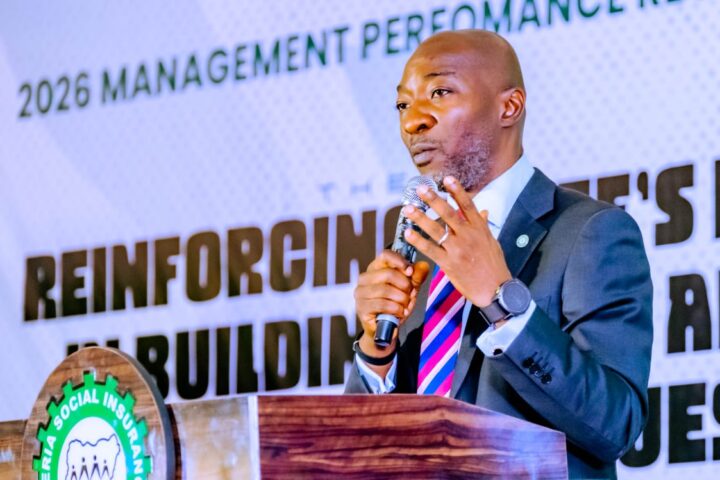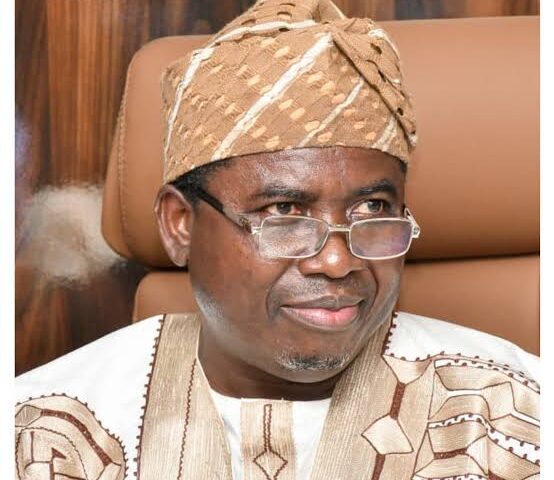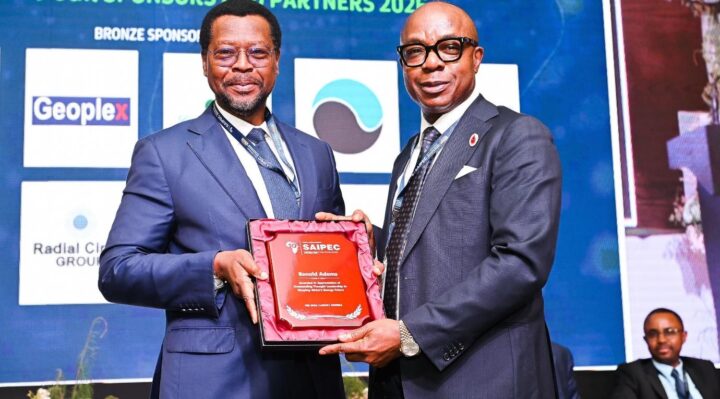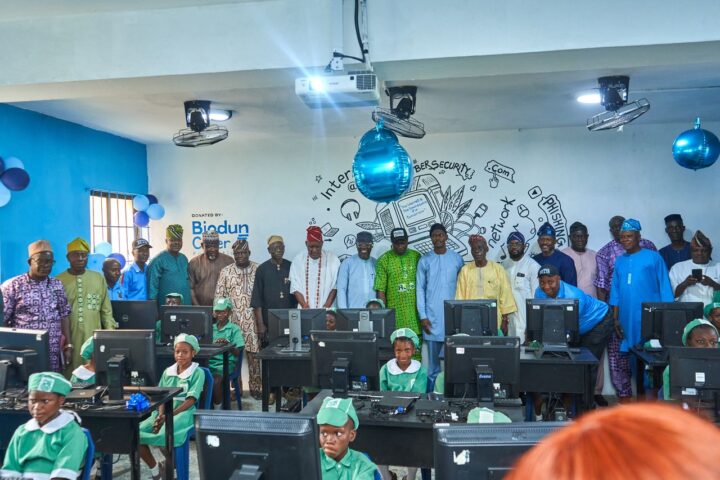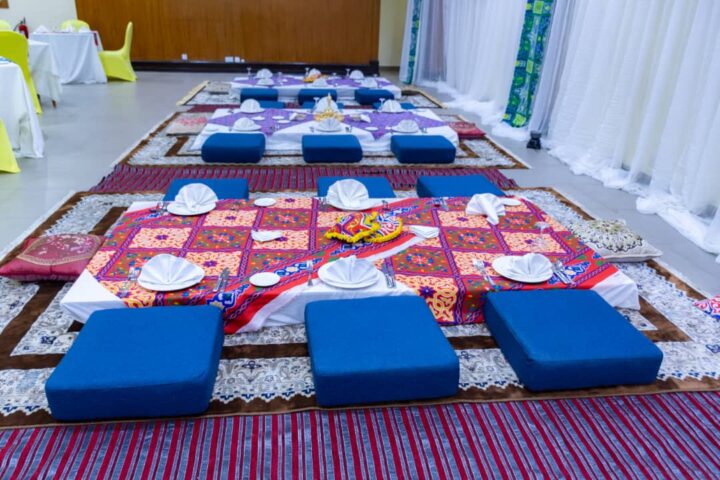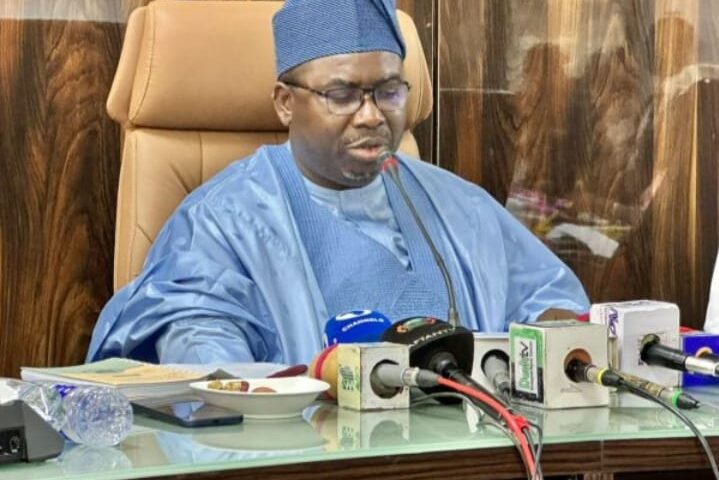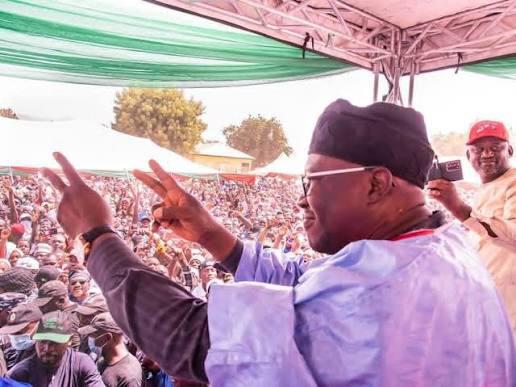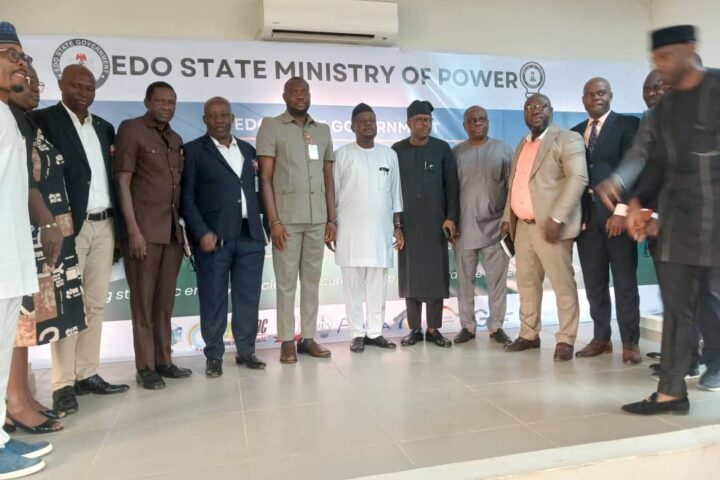Campaign for Democratic and Workers’ Rights (CDWR) has pitched its tent with the ongoing strike action of Judicial workers as well as the protest planned for Monday April 19, 2021.
Judicial workers under the Judicial Staff Union of Nigeria (JUSUN) had embarked on nationwide strike action since April 6, 2021 to demand financial autonomy for the judiciary as a step to a better working condition and proper running of the judiciary.
The industrial action had led to the shutdown of courts and has equally stalled the judicial process. As usual, the state governments and the federal government have failed to respond positively to the demand.
The judicial workers are embarking on a mass protest across the country as well as the Federal Capital Territory (FCT) on April 19, 2021 on account of the unenthusiastic attitude of the government to their demands.
The Campaign for Democratic and Workers’ Rights (CDWR),in a statement implored the embattled workers to organize more mass actions including mass meetings, protest, rallies, public sensitization, press conferences etc., as a means of sustaining the struggle, mobilizing public support and putting more pressure on the government.
The group implored the workers and the union to demand adequate funding of the entire justice system and democratic management of funds by elected representatives of workers, Nigeria Bar Association (NBA) and communities.
This,it said, is the only way funds will be efficiently utilized for the benefits of workers and ordinary people.
“We make this point because judiciary autonomy does not automatically guarantee adequate funding and efficient management of resources.Judiciary is not only underfunded, the entire justice system needs an overhaul and adequate funding. Courts and staff are grossly inadequate making justice slow, cumbersome and expensive; access to justice for workers, ordinary people and the poor is extremely poor because it is expensive and the laws are mostly skewed against the working masses and the poor.
“We currently have thousands of innocent ordinary Nigerians and those who commit petty crimes awaiting trial and languishing in prisons across the country and some of the cases spending more time than they would have spent if prosecuted timely; we also have overcrowded prisons and police stations that have subjected many people to conditions not befitting for animals; besides, cases/matters linger unavoidably in courts for several years at the expense of workers and the poor.
“Hence, we demand public funded legal aid to all Nigerians who could not afford the services of lawyers. Workers and the masses would have to struggle to change the unjust capitalist system and laws that put the working class and the poor in perpetual subjugation and bondage if justice will be meaningful,” it added
The group also emphasized the need for the Nigeria Labour Congress (NLC), Trade Union Congress (TUC), affiliated industrial unions and all pro -masses organisations to give active solidarity to the ongoing judicial strike and mass protest.
Nigeria’s COVID-19 Vaccines At Advanced Stage-NABDA Boss
Prof. Abdullahi Mustapha, Director General/ Chief Executive Officer of National Biotechnology Development Agency(NABDA) has disclosed that the processes leading to the production of local COVID-19 vaccines have reached advanced stage.
He said that the team from the agency in collaboration with both local and international partners has gone to stage three of the vaccine development.
He spoke in Abuja after the presentation of awards to journalists who emerged winners at the Continental level at the fourth Edition of Open Forum On Agricultural Biotechnology (OFAB) Africa Media Award 2020.
He added:”It has to undergo series of research. Our team has gone to about stage 3 of the vaccine production.The vaccine development has to do with so many components.We are working with our collaborators from all over the world and within the country.We are coming up with something tangible. We hope and envisage that in the next two to three years, we would have our own output from NABDA.”



